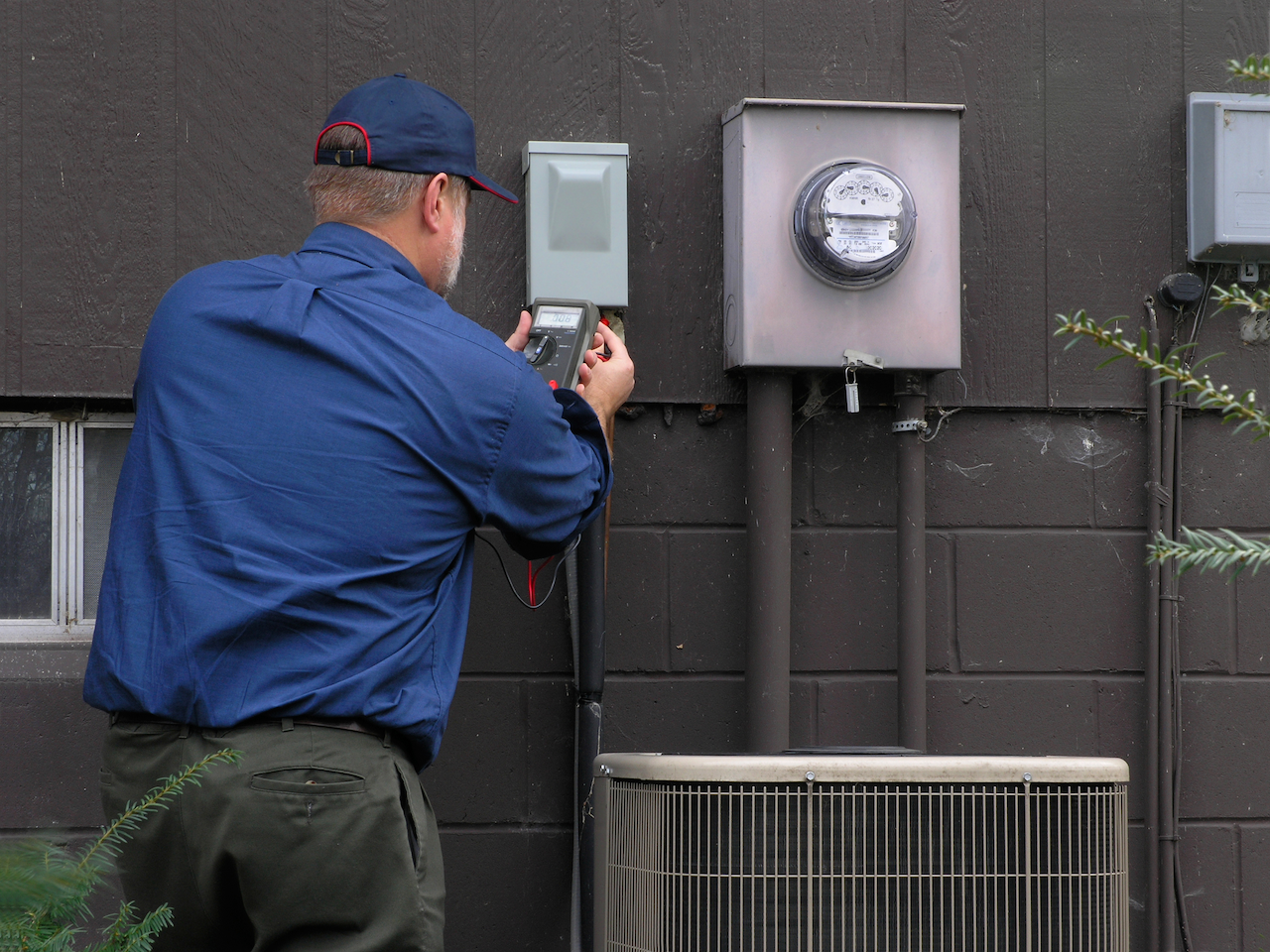You’ve spent years, maybe even decades, building your business. Whether you’re a master plumber, an HVAC expert, or run a bustling manufacturing shop, you know your trade inside and out. But when it comes to selling the business, you’ve poured your life into, it’s a whole new world. Many owners make a few common, costly mistakes during the process.
Selling your business is likely one of the biggest financial decisions you'll ever make. Getting it right means securing your financial future and ensuring your legacy continues. Getting it wrong can leave money on the table and tarnish the hard work you’ve put in.
This guide will walk you through five of the most common mistakes owners make when selling their business. We’ll provide simple, practical advice to help you avoid these pitfalls and navigate your exit successfully.
1. Waiting Too Long to Plan Your Exit
The biggest mistake is having no plan at all. Many business owners are so focused on the day-to-day that they don’t think about selling until they have to. This could be due to a health issue, burnout, or an unsolicited offer that seems too good to pass up. When you’re forced to sell under pressure, you lose your negotiating power.
A rushed sale often means accepting a lower price and having little say in who takes over. You wouldn't start a major installation without a detailed plan, and you shouldn't approach selling your business any differently.
How to Avoid This:
● Start Early:
Begin thinking about your exit strategy three to five years before you plan to sell. This gives you ample time to get your house in order and make improvements that will increase your company’s value.
● Define Your Goals:
What do you want from the sale? Is it the highest possible price? A buyer who will take care of your employees? A clean break, or do you want to stay on for a while? Knowing what you want helps you create a clear roadmap.
2. Having Disorganized Financials
When a potential buyer looks at your business, the first thing they’ll want to see are your financial records. If your books are a mess—mixing personal and business expenses, lacking clear reports, or showing inconsistent profits—it raises a big red flag. Buyers want to see a clear, stable, and profitable operation.
Think of it from their perspective. Unclear financials create uncertainty. If they can’t easily understand how your business makes money, they will assume the worst and either walk away or offer a much lower price.
How to Avoid This:
● Get Your Books Clean:
Work with a good accountant to clean up your financial statements for the past three years. This means having professional profit and loss (P&L) statements, balance sheets, and cash flow statements.
● Separate Everything:
Stop running personal expenses through the business. If you pay your personal truck insurance from the company account, it makes it harder for a buyer to see the true profitability of the business.
● Show Your Strengths:
For an HVAC or plumbing business, clearly track revenue from service contracts versus one-off installation jobs. Recurring revenue from service agreements is highly attractive to buyers because it shows stable income.
3. Being Too Involved in Daily Operations
You built this business, so it’s natural that you’re the one who knows everything. You know which customers are picky, which supplier gives the best deals, and how to fix that one machine that always acts up. But if the business can’t run without you for a week, its value drops significantly.
A buyer is looking to purchase a functioning business, not buy themselves a job. If all the key relationships and operational knowledge are stuck in your head, they see a huge risk. What happens when you leave?
How to Avoid This:
● Delegate and Document:
Start training and empowering your key employees. Delegate important responsibilities and trust your team to handle them. Create simple, written procedures for core tasks, like how inventory is managed in your warehouse or how service calls are dispatched.
● Build a Strong Team:
A capable manager or a long-term foreman who can run the show is a massive asset. When a buyer sees a strong team in place, they have confidence the business will continue to thrive after the transition.
4. Overvaluing the Business
Your business is your baby. You know the blood, sweat, and tears you’ve invested, and that emotional attachment can make it hard to see its value objectively. Many owners believe their business is worth more than the market is willing to pay.
An unrealistic price tag can scare away serious buyers from the start. They won’t even bother making an offer if they think your expectations are in a different ballpark. Setting the right price from the beginning is critical to attracting the right kind of attention.
How to Avoid This:
● Get a Professional Valuation:
Don’t just guess. Hire a professional to conduct a formal business valuation. They will look at your financials, assets, market conditions, and sales of similar businesses to determine a realistic price range.
● Understand What Creates Value:
Buyers pay for future profits. Things that increase value include consistent profitability, a strong management team, a diverse customer base (not relying on just one or two big clients), and documented processes.
● Be Realistic:
Listen to the experts and be prepared to hear a number that might be different from what you had in mind. It's better to price it right and get a deal done than to price it too high and get no offers at all.
5. Choosing the Wrong Buyer
Not all money is the same. The cheapest offer on paper might not be the best one for your legacy. Some buyers, like a direct competitor, might only want your customer list and plan to lay off your employees. Others, like large financial firms, may have a corporate culture that clashes with the family feel you’ve built.
Finding the right partner to carry your legacy forward is just as important as the price. You have the right to be selective and find a buyer who shares your values.
How to Avoid This:
● Know What You Want in a Buyer:
Before you even start talking to people, make a list of what's important to you. Do you want the company name to remain? Do you want your team to be protected? Do you want the business to stay local?
● Ask Questions:
Interview potential buyers just as they are interviewing you. Ask about their plans for the company, their experience with businesses like yours, and how they handle transitions.
● Look for a Partner, Not Just a Purchaser:
Some buyers, like family offices, specialize in buying successful businesses and growing them while preserving their culture and team. They often think in terms of decades, not just a few years, making them great stewards for a founder’s legacy.
Take the First Step Toward a Successful Sale
Selling your business is a complex journey, but avoiding these common mistakes can make the process smoother and more rewarding. By planning ahead, getting organized, and finding the right partner, you can ensure you get the full value for your hard work and that your business continues to thrive for years to come.
If you own a business in the HVAC, plumbing, manufacturing, or distribution sectors and are thinking about your next chapter, we can help. We specialize in partnering with owners to ensure a smooth transition that protects their legacy. Reach out today for a confidential, no-pressure conversation about your goals and understand your business valuation.
Notice: For general educational and informational purposes only; not to be relied upon as financial, tax, or legal advice. Financial decisions carry inherent legal, tax, and other risks. Past performance is not a guarantee of future results. Use of this content creates no relationship with us, and we are not liable for any losses or damages from your use of this information. ANY WARRANTIES, EXPRESS OR IMPLIED, ARE HEREBY DISCLAIMED. You use this content at your own risk.





